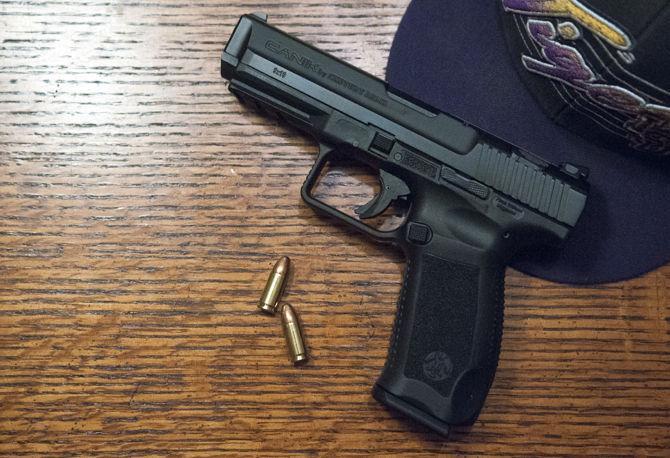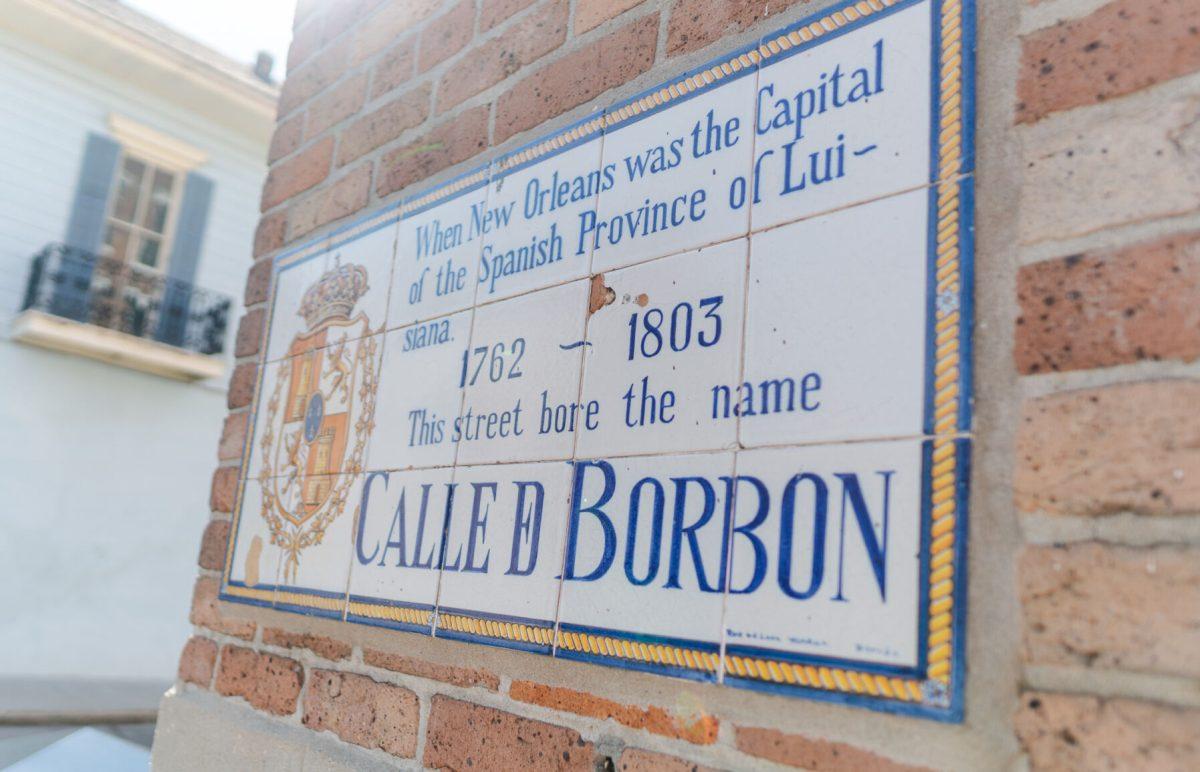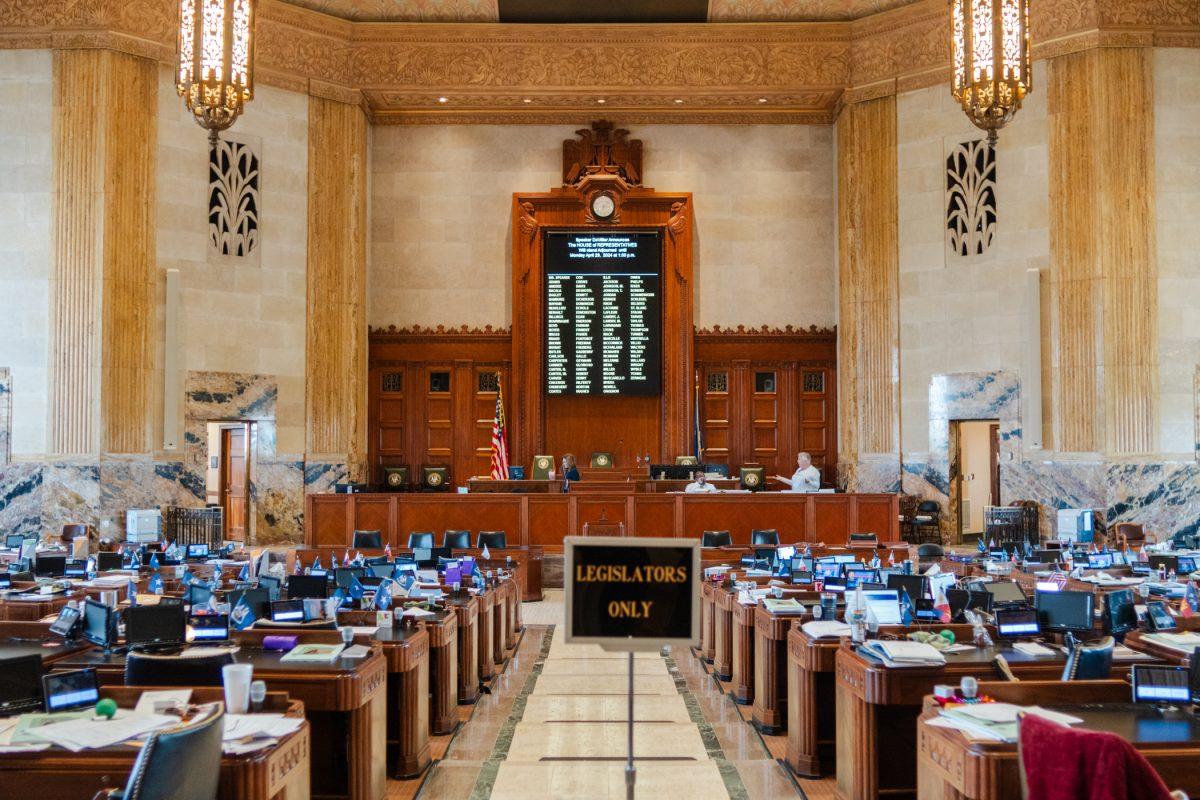Gun regulation on U.S. college campuses is not a new issue, especially in the South. But the passage of time has not hindered the ongoing, nationwide debate over safety versus citizens’ rights.
A February letter from the President of the University of Texas at Austin showed compliance with the Campus Carry legislation passed in June, allowing students to carry concealed weapons to classrooms and other parts of campus.
The new policy, which prompted the UT-Austin School of Architecture dean to resign in late February, will take effect in August.
Louisiana is not among the nine states to allow guns on campuses, according to ArmedCampuses.org, a website that maps and analyzes U.S. college campus weapon regulations.
According to the Louisiana State Legislature’s Office, two bills concerning concealed carry were pre-filed in the House of Representatives in January, though neither apply specifically to college campuses.
Both proposed by Rep. Barry Ivey, R-Baton Rouge, for the upcoming regular session, HB4 provides that the right to keep and bear arms includes the right to carry a concealed handgun without a permit or license and, HB6 excludes carrying a concealed handgun from the crime of illegal carrying of weapons for certain persons, according to the Louisiana State Legislature’s Office.
LSUPD spokesperson Lieutenant Kevin Scott said the issue of concealed carry on public Louisiana college campuses routinely emerges in legislative sessions during non-fiscal years.
LSUPD spokesperson Lieutenant Marshall Walters said Louisiana lawmakers have pushed the policy for the past six or seven legislative sessions.
Scott said LSUPD prefers students not be granted concealed carry rights because officers would have to consider that the subjects of any of their pursuits would legally be able to carry a weapon.
LSUPD has not had issues with campus gun control, though Scott said he expects people are illegally carrying concealed weapons. He said gun-related incidents occasionally occur, such as when firearms stored in vehicles during games are stolen.
The counterargument, Scott said, is personal protection and the right to protect oneself at all times. To that, he said LSUPD can be “anywhere on this campus within 60 seconds.”
Last month, a gunman in an on-campus dormitory at the University of Massachusetts, Amherst prompted the university’s 23,000 students to take shelter. No one was injured and the university does not permit concealed carry.
There have been 27 mass shootings in the United States during the month of February, and five this March, according to the Gun Violence Archive’s web database.
Scott said an active shooter situation would require the attention of every responder on campus, regardless of their capacity. He said LSUPD has a series of procedures they test regularly, should such an event occur.
LSUPD has never had an active shooter incident on campus, Scott said. Even the Dec. 13, 2007 double-homicide case at the Edward Gay Apartments on campus did not count.
Mechanical engineering sophomore Justin Miller said he would feel a lot safer if a student had a gun rather than a criminal. If a student has the ability to use a gun, he said, he should be able to carry it.
“If students had the ability to carry on campus, it would be a safer place,” he said.
The thought of students being able to have guns, he said, would deter a criminal from going into a classroom and shooting people.
Neurobiology PhD student Philip Adeniyi said he heard about UT-Austin’s concealed carry policy. He said he does not believe students should have a weapon on campus — a belief he thinks stems from his Nigerian background.
“It’s not a battleground,” he said about campus. “It’s a place where everybody goes to learn.”
LSUPD, students weigh in on national campus concealed carry debate
By Sarah Gamard
March 7, 2016
More to Discover










